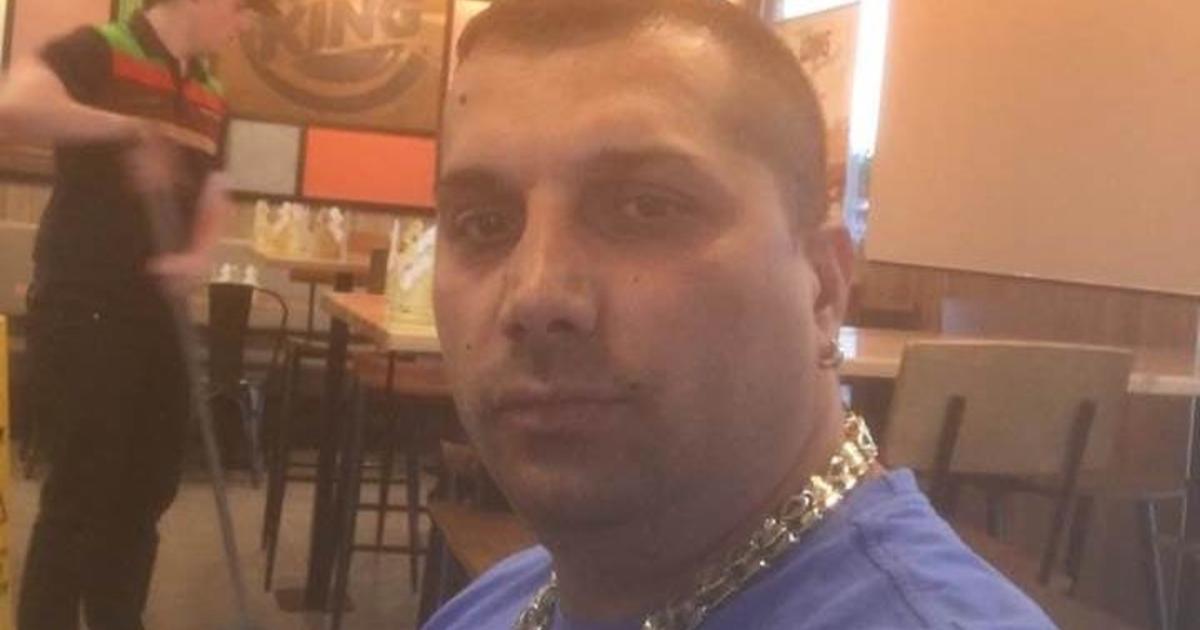A recent BBC investigation uncovered a shocking case of human trafficking involving Czech nationals forced to work in a McDonald’s restaurant and several food factories in the U.K. The investigation revealed a sophisticated criminal operation orchestrated by the Drevenak brothers, exploiting vulnerable individuals and highlighting significant failings in employer oversight and preventative measures. The victims, many experiencing homelessness or addiction in the Czech Republic, were lured with promises of well-paying jobs but instead subjected to years of forced labor, violence, and severely restricted lives. The scale and duration of this operation underscore the urgent need for greater vigilance and stricter protocols within the UK labor system to combat modern slavery and protect vulnerable workers. This comprehensive overview details the complexities of the case and emphasizes the necessity for systemic reform in addressing modern slavery.
The Exploitation and Trafficking Operation
Recruitment and Control
The Drevenak brothers, at the heart of this criminal enterprise, targeted individuals in the Czech Republic who were experiencing homelessness or addiction, preying upon their vulnerability. They promised well-paying jobs in the UK, a tempting offer for those desperate for stability. However, upon arrival, the victims’ passports were confiscated, leaving them entirely reliant on and controlled by the traffickers. This control was maintained through threats of violence, fear, and restricted communication with the outside world, preventing victims from seeking help or escaping their situation. The traffickers actively monitored victims through security cameras and limited access to phones or the internet, effectively isolating them. This systematic isolation ensured victims remained trapped within the exploitative system, severely limiting their chances of freedom and safety.
Working Conditions and Wage Theft
The victims were forced to work excessive hours, frequently exceeding 70-100 hours per week. One victim even reported a grueling 30-hour non-stop shift. These inhumane conditions were coupled with extremely low pay, with the traffickers siphoning off the majority of their earnings. Victims received only a small amount of money each day, barely enough to sustain themselves, leading to extremely harsh living conditions, such as living in cramped and unsanitary accommodations, including unheated trailers and leaky sheds. This brutal system of exploitation maximized profit for the traffickers while leaving victims impoverished, physically and emotionally depleted and completely controlled. The complete deprivation of resources, coupled with excessive working hours made escape incredibly difficult, forcing them into a cycle of dependence on their traffickers.
Systemic Failures and Missed Opportunities
Red Flags Ignored by Employers
The investigation uncovered multiple red flags that should have alerted employers to the potential for exploitation. Several victims had their wages paid into the same bank account, and many listed the same address, clearly indicating an unusual pattern and raising suspicion. The fact that some victims lacked English language proficiency and that a gang member acted as an interpreter during job interviews should also have sparked concern and scrutiny. The significant number of hours worked, coupled with inconsistent accounts and addresses should have triggered greater investigation and more due diligence. This negligence underscores the significant need for enhanced employee vetting procedures, employee education and improved staff awareness within the industry in order to better address modern slavery concerns.
Law Enforcement Response and Investigation
The exploitation only ended when some victims contacted Czech authorities, who then alerted their UK counterparts. Even then, the lengthy investigation was hindered by the COVID-19 pandemic, illustrating the difficulties in pursuing transnational crimes of this magnitude. This demonstrates the urgent need for efficient transnational communication between international and domestic law enforcement agencies when pursuing trafficking crimes and ensuring the quick pursuit and prosecution of traffickers. Despite the arrests and subsequent convictions of the perpetrators, this lengthy investigation was heavily influenced by both pandemic related factors as well as the difficulties in identifying trafficked workers who are often unable or unwilling to come forward due to language barriers, isolation or direct threat from their traffickers.
Implications and Necessary Reforms
Protecting Vulnerable Workers
The case highlights the vulnerability of individuals experiencing homelessness or addiction, who are often targeted by traffickers. Increased support for these vulnerable populations, combined with robust preventative measures by employers and increased vigilance, are critical in preventing similar instances of human trafficking in the future. Addressing these individuals’ immediate needs is pivotal in preventing them becoming future victims, through educational initiatives, adequate housing and support systems for those at risk. These vulnerable members of society must be provided with enough security to resist manipulative exploitation attempts without falling prey to desperate circumstances.
Enhanced Due Diligence for Employers
Businesses must enhance their due diligence processes to proactively identify and prevent modern slavery in their operations. This includes comprehensive background checks on recruitment agencies and subcontractors, rigorous monitoring of employee pay and working conditions, and provision of employee support that enables them to speak up. Providing better education to employees and creating a stronger system for anonymous reporting will be extremely effective in tackling workplace exploitation. Regular audits and staff training would also encourage earlier identification of potential trafficking activity, making it easier for victims to speak up without facing threats or penalties.
Take Away Points:
- Vulnerable individuals are disproportionately targeted in human trafficking operations.
- Businesses must implement thorough due diligence processes to identify and prevent modern slavery.
- Enhanced cooperation between law enforcement agencies across borders is vital in combating human trafficking.
- Stronger protection measures are needed for vulnerable workers to prevent similar tragedies.
- Systematic improvements in employment practices and regulatory frameworks are urgently required.




